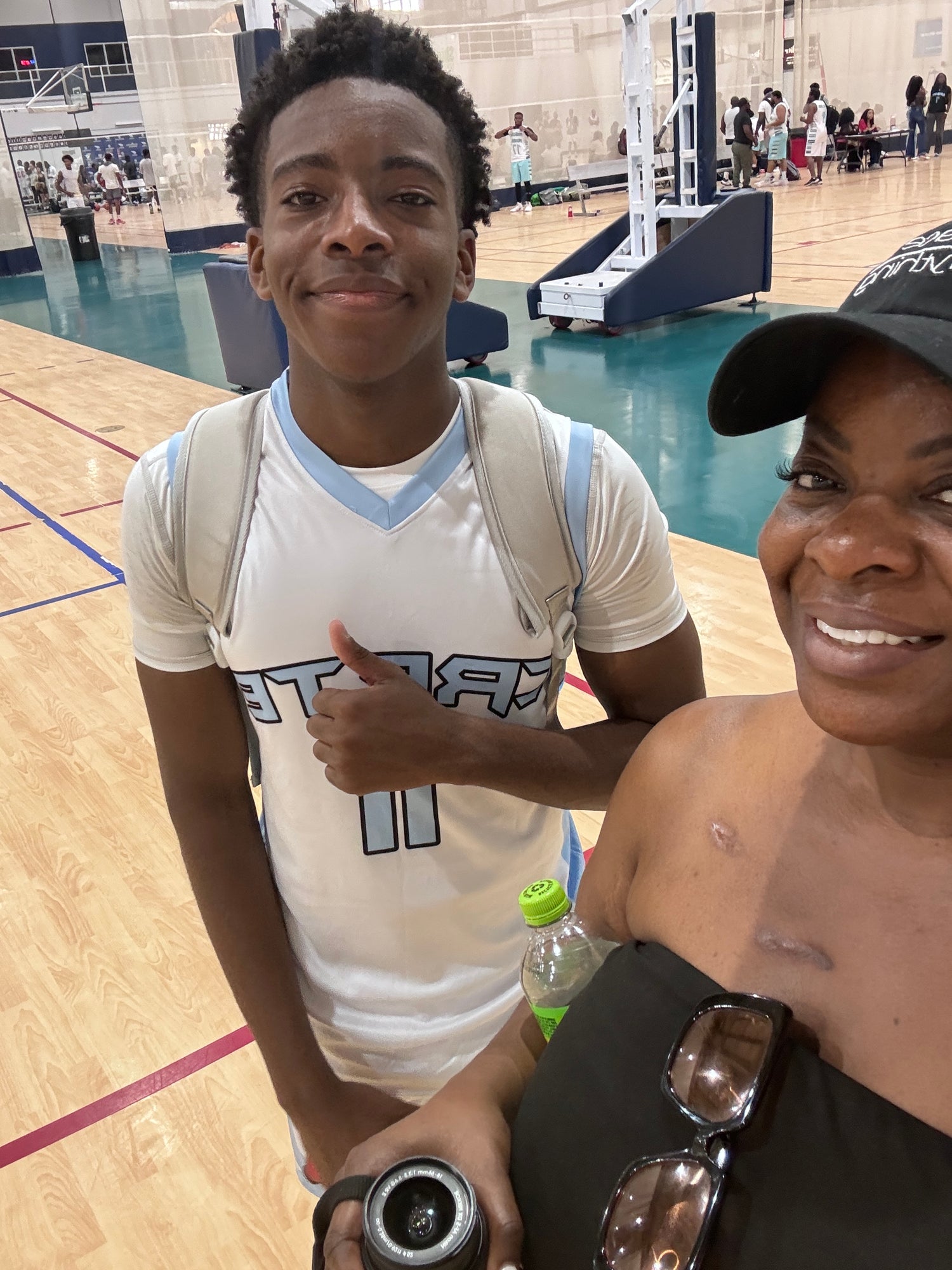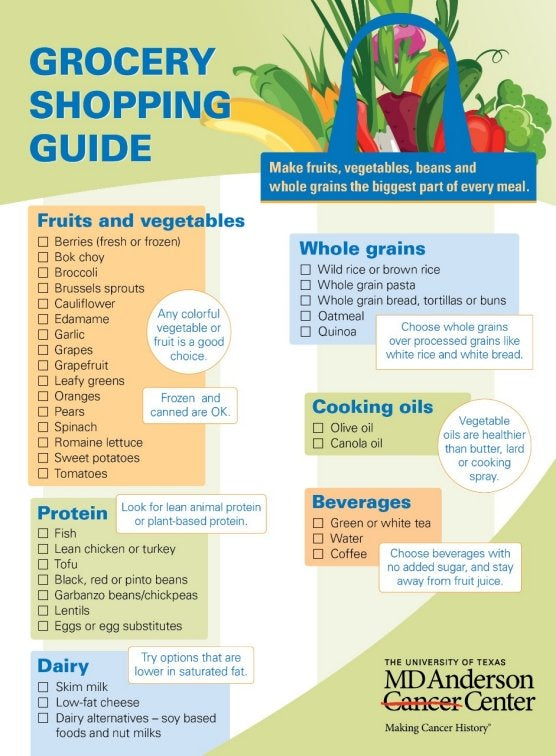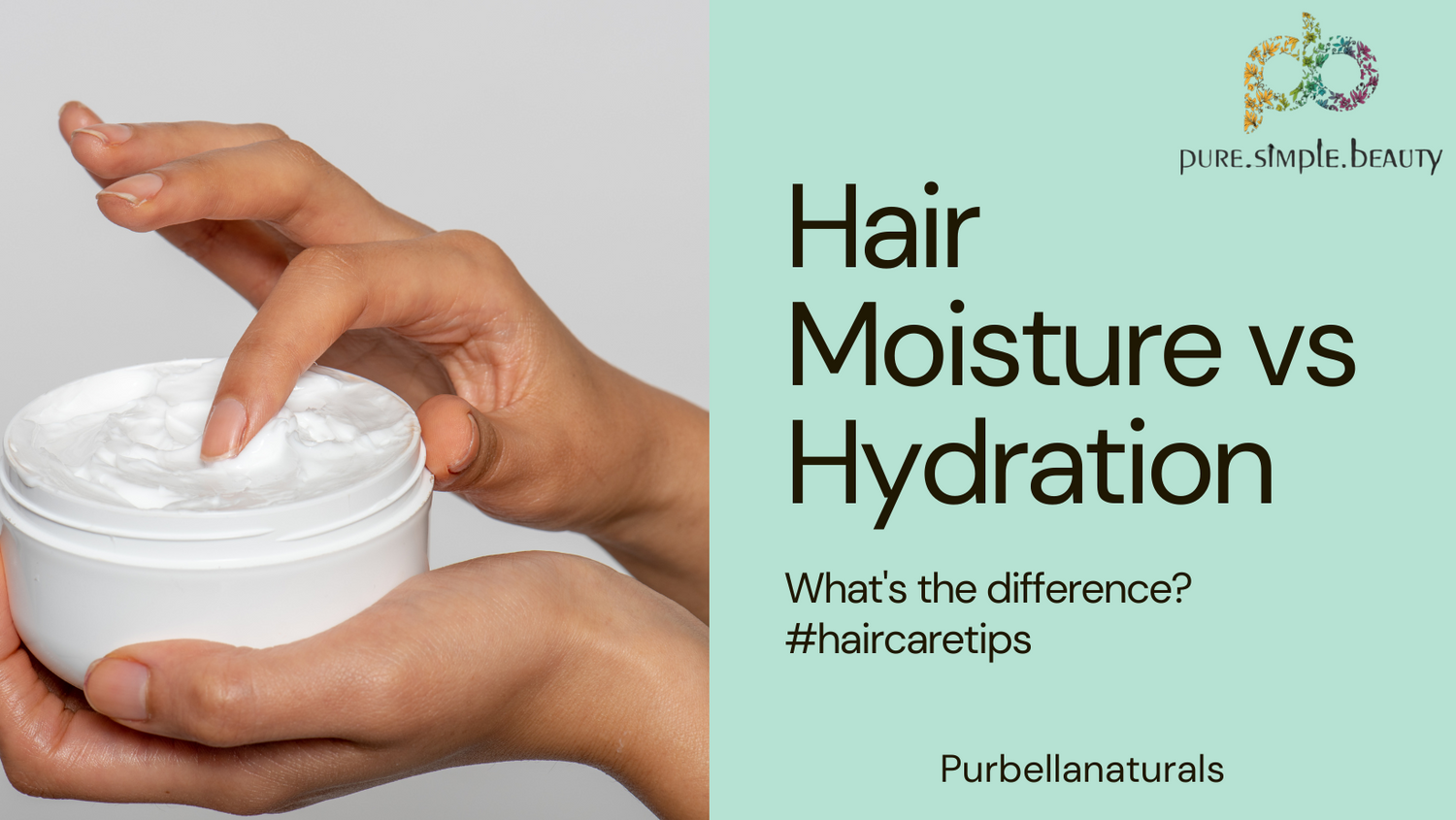
Introduction
Hey there, beautiful. If you're reading this, chances are you're experiencing some hair shedding and you're not quite sure why. Don't worry, you're not alone. Many women with natural hair experience shedding at some point or another. But that doesn't mean there's nothing you can do about it.
Before you start panicking and reaching for the nearest hair loss treatment, let's take a look at some of the most common reasons why your natural hair might be shedding. By understanding the root cause of the problem, you'll be better equipped to tackle it head-on and get your hair back to its luscious, healthy self.
So sit back, grab a cup of tea, and let's dive into the three must-know reasons why your natural hair might be shedding.
Hormonal Imbalances Causing Excessive Natural Hair Shedding
If you're experiencing excessive natural hair shedding, it's possible that hormonal imbalances are to blame. This can occur due to a variety of reasons, such as pregnancy, menopause, or changes in birth control. During these times, hormones like estrogen and progesterone fluctuate and can impact the growth cycle of your hair.
So how does this affect your hair? Your hair goes through 3 phases: the anagen phase (growth), the catagen phase (transition), and the telogen phase (rest). Hormonal imbalances can sometimes push more hairs into the telogen phase at once, causing increased shedding.
If you suspect that hormonal imbalances are causing your hair shedding, it's best to speak with a healthcare provider or dermatologist for personalized advice and treatment options. In some cases, hormone replacement therapy or lifestyle changes may be recommended to help balance out your hormones and reduce shedding.
Lack of Moisture Leading to Natural Hair Breakage and Shedding
If you're experiencing hair shedding, it's possible that lack of moisture in your hair is to blame. Natural hair needs regular hydration to prevent dryness, which can lead to breakage and shedding.
One common culprit of moisture loss is over-washing your hair or using harsh shampoos that strip away natural oils. Deep conditioning treatments can provide much-needed hydration and nourishment for your hair. Please regardless of what you hear on the Net....don't skip this step!
Another factor that can contribute to dehydration is heat styling tools. High temperatures from flat irons and blow dryers can zap moisture from your strands, making them brittle and prone to breakage. If you must use heat, be sure to apply a heat protectant spray beforehand and keep the temperature on medium or low. I gave an example of this yesterday on Insta Stories...be sure to check before it disappears.
Finally, be mindful of the products you use on your hair. Some gels, mousses, and other styling products can contain alcohol or other drying ingredients that cause damage over time. Opt for natural products made with gentle, nourishing ingredients like avocado oil or beet sugar extracts.
By prioritizing moisture in your natural hair care routine, you'll help prevent shedding while promoting healthy growth and strong strands.
Harsh Hairstyling Routines Damaging Natural Hair Follicles
If you're experiencing hair shedding, your current hairstyling routine may have something to do with it. Tight hair ties, harsh chemicals, excessive heat or tight braiding can all damage and weaken the hair follicles, leading to increased shedding.
Here are some factors to consider:
### Tight hair ties
Tight hair ties can lead to breakage and stress on the follicles. Instead of using traditional elastic bands, opt for scrunchies or satin fabric scrunchies that provide more cushioning.
### Chemical treatments
Chemical treatments like relaxers, perms and bleach can have long-term effects on your follicles. If not applied carefully, they can burn the scalp and lead to damaging breakage in natural hair strands. It's best to avoid these treatments if possible.
### Excessive heat
While heated styling tools like flat irons or curling wands may help you achieve your desired look, excessive heat is one of the most common reasons for natural hair shedding. Using a high heat setting frequently during styling sessions degrades the integrity of your hair’s protein structure and damages its surface cuticle.
To prevent further damage to weakened natural hair strands during hairstyling sessions, it's advisable to use protective hairstyles with your own hair that don't require excessive heat or manipulation. If you're experiencing significant shedding due to damaged follicles, a certified dermatologist can recommend treatment options for restoring healthy growth.
Here's a Bonus: Medical Conditions Like Hyperthyroidism or Lupus Resulting in Natural Hair Loss
If you've been experiencing excessive shedding, it could be due to an underlying medical condition. Hyperthyroidism, an overactive thyroid gland, can cause hair loss, as can lupus, an autoimmune disease. In both cases, the immune system is attacking healthy cells in the body, including hair follicles. This can lead to hair thinning and bald patches.
It's important to consult with a doctor if you suspect you may have an underlying medical condition causing your hair loss. They can run tests and provide a proper diagnosis. Once the underlying condition is treated, hair growth may resume. In the meantime, there are ways to manage hair loss, such as using gentle hair care products, avoiding tight hairstyles, and incorporating scalp massages to increase blood flow to the hair follicles. With proper care and treatment, you can manage hair loss and maintain healthy, natural hair.
Nutritional Deficiencies Contributing to Extra Natural Hair Falling Out
If you've been noticing more hair falling out than usual, it's possible that your diet could be to blame. Nutritional deficiencies can lead to weakened hair follicles, resulting in extra shedding. Here are three common nutrient deficiencies that could be contributing to your hair loss:
### Iron
Iron is essential for healthy hair growth, as it helps to carry oxygen to the hair follicles. If you're not getting enough iron in your diet, your hair may become brittle and prone to breakage. Iron-rich foods include red meat, spinach, lentils, and fortified cereals.
### Vitamin D
Vitamin D is important for overall hair health, and a deficiency can lead to hair thinning and shedding. The best source of vitamin D is sunlight, but it can also be found in fatty fish, egg yolks, and fortified dairy products.
### Protein
Hair is made up of a protein called keratin, so it's no surprise that a lack of protein in your diet can lead to hair loss. Make sure you're getting enough protein from sources such as lean meats, beans, nuts, and seeds.
In addition to these nutrient deficiencies, it's important to make sure you're drinking enough water and getting enough sleep to support healthy hair growth. If you're concerned about your hair loss, it's always a good idea to talk to your doctor or a dermatologist.
How to Reduce Shedding and Promote Natural Hair Growth
If you're experiencing shedding with your natural hair, don't despair! There are several things you can do to help reduce shedding and promote growth.
### 1. Avoid Tight Hairstyles
Tight hairstyles, such as braids and weaves, can put unnecessary tension on your hair follicles, leading to breakage and shedding. Opt for looser styles or protective styles that don't put too much tension on your scalp.
### 2. Get Plenty of Exercise and Eat a Healthy Diet
Exercise and a healthy diet can do wonders for your hair. Regular exercise increases blood flow to your scalp, which can promote hair growth. Eating a diet rich in vitamins and minerals, such as iron, zinc, and biotin, can also help promote healthy hair growth.
### 3. Use the Right Detangling Tools
When detangling your hair, it's important to use the right tools to avoid unnecessary breakage and shedding. Use a wide-tooth comb or detangling brush to gently work through any tangles, starting from the ends and working your way up to the roots. Avoid using fine-tooth combs or brushes, as they can pull and break your hair.
By following these tips, you can help reduce shedding and promote natural hair growth. Remember, be gentle with your hair and give it the TLC it deserves!
Whew that was a mouthful...….
So to sum this up shedding is a natural part of the hair growth process, but excessive shedding can be concerning. If you're experiencing hair loss and shedding from your natural hair, it's important to understand why.
The three most common reasons are hormonal changes, stress, and improper hair care practices. By addressing these underlying causes, you can help reduce shedding and promote healthy hair growth.
Remember, taking care of your natural hair requires patience, consistency, and a willingness to try new things. By being proactive and learning about your hair's needs, you can achieve beautiful, healthy hair at no matter your age.
Did this help you figure out what could be aiding to your hair-loss? If so, take action and be sure you're using products that will aid in the health and nourishment of your hair. Pür Bella Naturals was created and formulated by me...a Licensed Cosmetologist that cares about the health of your hair. Be sure to visit the site and see what products can help with your hair growth.






